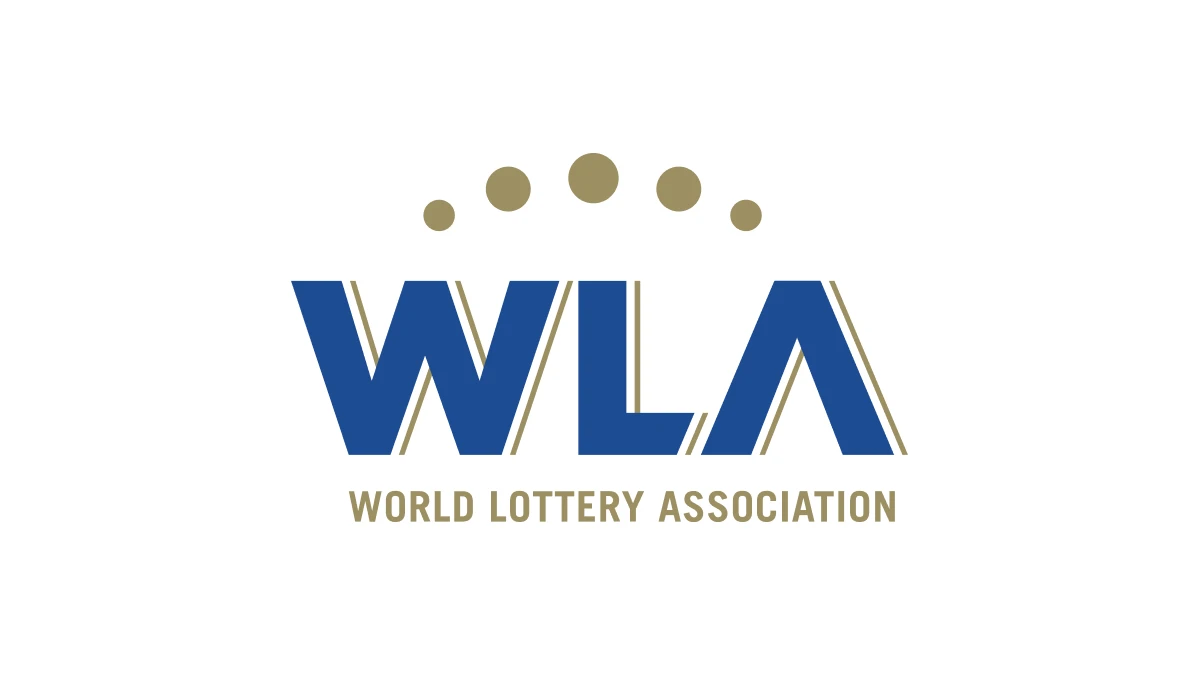World Lottery Association Recommends Courier Oversight and Ticket Purchase Limits

1.0
Default
The World Lottery Association has taken steps to address lottery couriers and ticket-buying in its latest policy paper. It recommends more stringent regulations against lottery couriers and best practices to be followed by states and other jurisdictions. This also includes the prohibition of bulk sales and a focus on the order and delivery of tickets.
The World Lottery Association, the international trade group representing state-authorized lotteries, has issued a firm policy stance calling for the regulation of digital lottery couriers and a ban on bulk ticket purchases. In a newly released paper, the WLA warned that lax oversight of couriers and unchecked bulk buying could undermine the integrity of the lottery industry worldwide.
Digital couriers such as Lotto.com, Jackpocket, and Jackpot.com - some of which are regulated in parts of the US – often purchase tickets on behalf of customers and charge fees either on purchases or winnings. While their services are convenient for consumers, these services have raised regulatory and ethical concerns, prompting the WLA to take action.
Key recommendations: regulation and anti-bulk purchase measures
The WLA's statement makes clear that while the choice to permit couriers ultimately lies with state and jurisdictional regulators, any such decision should be paired with strict oversight. The paper urges that courier operations be governed through formal legislative frameworks or robust internal lottery rules.
One primary recommendation is the prohibition of bulk ticket sales, which the WLA claims “threaten the credibility and integrity” of lottery systems. According to the group, bulk buying can open the door to serious problems such as money laundering, misleading advertising, and the bypassing of gambling regulations. It also warns of potential price-gouging and a lack of accountability in ticket distribution.
To prevent abuse, the WLA recommends background and ID checks for retailers associated with couriers, the implementation of player geolocation verification, and a hard stand against lottery syndicates attempting mass purchases.
Texas Lottery incident demonstrates urgent need for reform
The WLA's statement appears to be largely inspired by the controversial 2023 incident in Texas. In that case, a syndicate reportedly purchased nearly 99.3% of the possible number combinations in a Lotto Texas game, spending tens of millions to secure a jackpot that ultimately reached $95 million.
The association described how unregulated couriers used QR codes and additional lottery terminals - some reportedly granted by the Texas Lottery Commission - to quickly scan millions of combinations. The incident highlighted the vulnerabilities in systems unprepared to handle such tactics.
In response to the scandal, the WLA recommended limiting the terminals available to retailers and flagging sales that significantly exceed normal levels. It also encouraged lottery operators to build products that are less susceptible to being exploited when jackpots reach particularly high thresholds.
State responses: from outright bans to new rules
The fallout from the Texas episode was far-reaching. During this year's legislative session, the state moved to dismantle the TLC entirely, transferring oversight of the lottery to the Texas Department of Licensing and Regulation. New rules now ban lottery couriers, prohibit online ticket sales, and limit purchases to under 100 tickets at a time.
Meanwhile, a slew of other US states have also taken action. California's Attorney General ruled in 2022 that courier services should be illegal, and Indiana followed up with its own ban earlier this year. Conversely, Arizona and Oregon are pursuing a regulatory approach, with Arizona's lottery board approving rules in April and Oregon preparing to hold a public hearing on the issue in August.
Lottery courier services have responded cautiously to the WLA's position. Lotto.com Chief Executive Officer Thomas Metzger and Jackpot.com's Chief of Staff Mike Silveira stressed that their operations are confined only to jurisdictions where they receive clear authorization. Both leaders acknowledged the need for clarity in regulation and emphasized that their companies aim to work within approved legal frameworks.




















